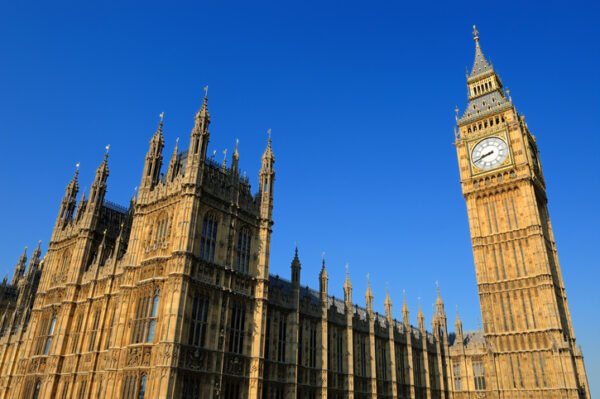Yesterday (09 April), the European Court of Human Rights held that the Swiss government had violated the human rights of its citizens by failing to do enough to combat climate change.
The Court ruled, by a majority of 16 votes to one, that there had been a violation of Article 8 (right to respect for private and family life) of the European Convention on Human Rights and, unanimously, that there had been a violation of Article 6 § 1 (access to court) in the case of Verein KlimaSeniorinnen Schweiz and Others v. Switzerland.
Global warming and human rights
The case concerned a complaint by four women and a Swiss association, Verein KlimaSeniorinnen Schweiz, representing more than 2,500 older Swiss women concerned about the consequences of global warming on their living conditions and health.
They consider that the Swiss authorities are not taking sufficient action, despite their duties under the Convention, to mitigate the effects of climate change and argued that their government’s failure to adequately mitigate global warming violated their human rights to health and life and puts them at risk of dying during heatwaves.
The Court found that Article 8 of the Convention encompasses a right to effective protection by the State authorities from the serious adverse effects of climate change on lives, health, wellbeing and quality of life.
Climate change obligations
The Court found that the Swiss Confederation had failed to comply with its duties (‘positive obligations’) under the Convention concerning climate change.
There had been critical gaps in the process of putting in place the relevant domestic regulatory framework, including a failure by the Swiss authorities to quantify, through a carbon budget or otherwise, national greenhouse gas (GHG) emissions limitations.
Switzerland had also failed to meet its past GHG emission reduction targets.
While recognising that national authorities enjoy wide discretion in relation to implementation of legislation and measures, the Court held, on the basis of the material before it, that the Swiss authorities had not acted in time and in an appropriate way to devise, develop and implement relevant legislation and measures in this case.
 Play Video about This Rock Might Just Save The World
Play Video about This Rock Might Just Save The World Play Video about Play 2 hours of rock
Play Video about Play 2 hours of rock Play Video about Play 2 hours of brook
Play Video about Play 2 hours of brook Play Video about Play 2 hours of sheep
Play Video about Play 2 hours of sheep














































